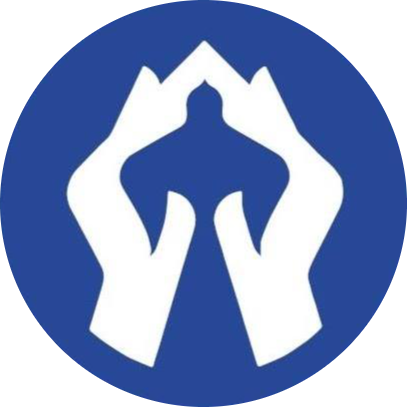The NHS Health and Race Observatory finds ongoing discrepancies in mental health support for minoritised vs white communities
A new report from the NHS Health and Race Observatory has found evidence to suggest clear barriers to seeking help for mental health problems are rooted in a distrust of both primary care and mental health care providers and a fear of being discriminated against in healthcare. The review found this to be the case for many ethnic minority groups but with less evidence about the experiences of Roma, Gypsy and Irish Traveller and Chinese groups. For Gypsy and Traveller communities, the need to access mental health services was surpassed by a fear of social services involvement, and this fear directly prohibited them from seeking the care they needed. This fear was also noted amongst South Asian groups. For some people, the lack of clear, accessible pathways to much-needed mental health services meant that some people gave up (i.e. didn’t seek any help; practitioners gave examples of patients with multiple suicide attempts due to lack of engagement from services). In addition, evidence from qualitative research suggests that the lack of appropriate interpreting services acted as a deterrent to seeking help.
A practitioner who represents people seeking asylum and refugees said:
“It’s more about fear of safety in mental health services; people have reported not only being discriminated against but been badly physically abused in mental health services by health professionals or other mental health patients in hospitals, and because they are forgotten people, who don’t have any rights, nobody will take this forward.”
One person in the studies commented that it can feel like,
“A them and us and, that, I think, is a huge problem, so there are the services that are over there that never connect with, never come out to meet the community and understand the communities which they serve.”
While this is a wider issue that the NHS needs to tackle nationally, we are proud that the work we do at Nafsiyat allows people a safe space to process their trauma without discrimination and hardship. With an ability to speak in clients native language and the freedom to express all aspects of the self.

